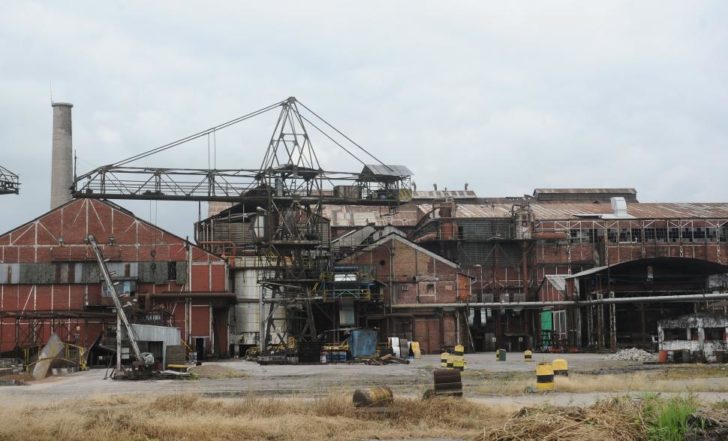Prosecutor Pablo Camuña requested the detention of six businessmen with ties to La Fronterita sugar company in Tucumán province, for questioning over their possible complicity with crimes against humanity during the 1975 “Operation Independence” (ordered by the national government to “destroy subversive elements” in that district) and through to 1979, when the civic-military dictatorship was in power.
A clandestine detention center operated on factory grounds and company vehicles were used to kidnap people. It is also suspected that the businesspeople to be questioned gave information to the Army, signaling the workers who would later become victims of the repression. The accusation includes cooperation in the crimes committed against 68 people: 44 of whom worked in the factory and 34 of whom lived in company housing. Fifty-one of these people were detained on company grounds before being sent to other clandestine centers. Eleven of them were tortured and remain disappeared. The bodies of two others were found in the mass grave known as Pozo de Vargas. Many of the victims had belonged to the board and the assembly of delegates of the Union of Field and Factory Workers of the La Fronterita sugar company. This union’s secretary-general until 1975 has not been found since his disappearance, and his successor was kidnapped and tortured on the military base set up in La Fronterita. During the dictatorship, when the repression decimated and demobilized workers with violence, the de facto government granted economic benefits to the company.
After “Operation Independence,” a tactical command post was established in the area, with 260 men. Its base of operations was located on land owned by La Fronterita: the officials occupied the “Lagoon Command,” the troops stayed at the “Dairy Farm” and the “tenements” – the housing that had been used by temporary workers – were utilized as a clandestine detention center.
The first indications of business responsibility in crimes against humanity date back to the start of the process of memory, truth and justice in Argentina. The CONADEP (National Commission on the Disappearance of Persons) and the Juntas Trial gathered testimony from workers who had led labor disputes and stressed the responsibility of company owners and executives in their abductions. In 2012, a court indicted Carlos Pedro Blaquier and Alberto Lemos, the board president and general administrator of the Ledesma sugar company, which formed part of the web of business complicity with the dictatorship in Tucumán. The indictment was upheld by the Federal Appeals Chamber of Salta. However, in 2015, the Federal Chamber of Criminal Cassation benefited the accused, arguing a lack of merit. In this way, the resistance to prosecuting powerful economic interests was laid bare. Since then, the case has been pending before the Argentine Supreme Court.
The first volume of the research study “Business responsibility in crimes against humanity: The repression of workers during state terrorism” (available in Spanish) analyzes the impact of the dictatorship in northwestern Argentina, where Tucumán province is located.

